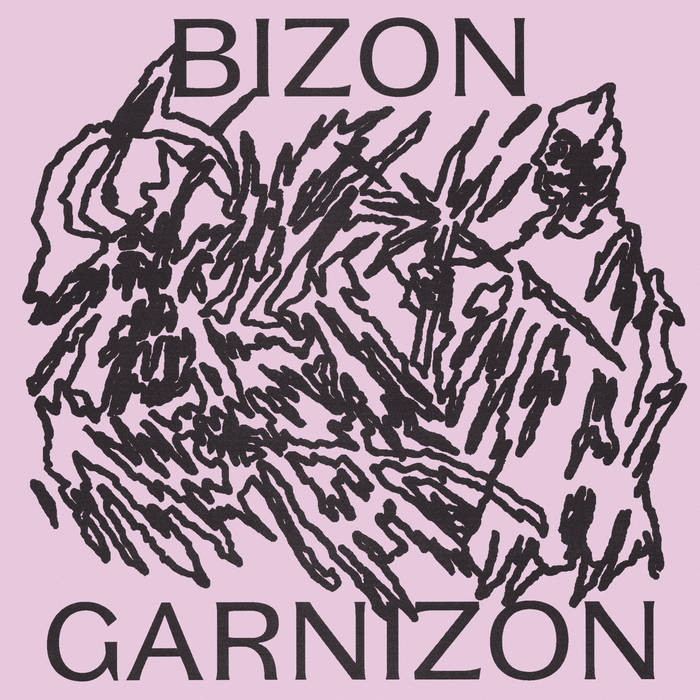Dnevnik Jedne Ljubavi is one of those records that doesn’t just reflect its time (no pun intended, considering Time collaborated on the album) – it becomes it. Released in 1973, it arrives steeped in the sonic signatures of its era – psychedelia, prog, funk, soul, pop – but never gets stuck in any one. Instead, it flows between them seamlessly.
This is Josipa Lisac’s debut, yet it already feels like the greatest hits collection from an artist fully formed. Her voice is magnetic – operatic yet intimate, confident yet vulnerable. And the sound? Dense and rich without ever overwhelming her. With members of Time and Indexi contributing, their fingerprints are everywhere: Pop Asanović’s Hammond organ hums with warmth, guitars twist in and out of grooves, brass stabs punctuate just the right moments, and woodwinds flutter in and out. But it never feels like a vanity project or a star showcase – it’s tight, cohesive, and the chemistry is electric.
This isn’t just a concept album. It’s a living, breathing document – a real diary of love, just as the title promises. You feel it from the first note of O Jednoj Mladosti, where intricate acoustic guitar picking creates a space so fragile you almost don’t want to breathe. Josipa sounds pained yet composed – like she’s recounting something deeply personal but necessary. That final vocal crescendo feels earned, never indulgent. Knowing the lyrics only deepens the wound: they’re heavy, hopeless, but beautifully honest.
From there, the album shifts gears confidently. Srela Sam Se S Njim shakes off the haze with its funked-up groove and proggy strut. Then comes Sreća – a catchy pop/folk rock hit.
Even the lighter moments are sharp. Nothing overstays. Everything evolves. Plačem, with its lush organ (is that Pop Asanović sneaking back in?), feels like a partner to Majko Zemljo – funky, psychedelic, but more refined. Featuring a sly guitar solo, the track moves like the Sava – fluid and purposeful.
There are deeper cuts that absolutely demand attention. Ležaj Od Suza is a prog odyssey – flutes (or maybe oboes?) swirling like Jethro Tull’s Balkan twin. It’s complex without being cluttered, and always worth revisiting; there’s something new hiding in the mix each time. Ne Prepoznajem Ga begins gently, almost ballad-like, before erupting halfway through into something bluesy and raw – almost like Janis Joplin crashed the session. That kind of unpredictability is a big part of what makes the album endure.
By the time you reach Vjerujem Ti Sve, it’s like watching the glowing embers of a bonfire; melancholic, wistful, accepting – her voice here is nearly weightless.
Dnevnik Jedne Ljubavi is a landmark album, and rightfully ranks among the top 10 in former-Yugoslav rock history. It captures a moment when artistry, emotion, and experimentation aligned perfectly. Every instrument has its place. Every choice feels considered. It’s progressive, soulful, groovy – and it weaves a beautiful tapestry of a brilliant era in music.
Albums like this don’t age. They lie in wait for you to come back with new ears. And each time you do, they’ve got a new story to tell.


